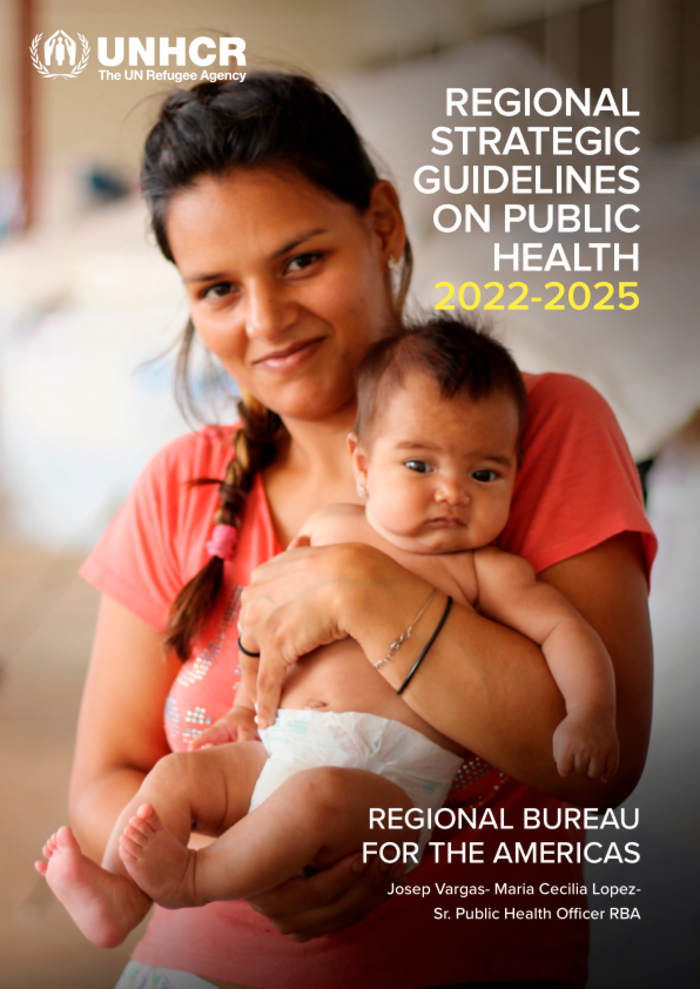[ad_1]
1. Introduction
The Americas region hosts more than 18.4 million refugees, asylum-seekers, displaced and stateless people, representing some 20 per cent of persons of concern to UNHCR worldwide. During the last two years, the coronavirus disease (COVID-19) pandemic has had a disproportionate impact on refugees and migrants in host communities, including loss of livelihoods opportunities, an increase in evictions, engagement in negative coping mechanisms, discrimination and xenophobia. Further compounded by limited access to regularization and documentation in some countries, these impacts have contributed to onward movements of people in search of protection and/or better opportunities elsewhere.
The region is characterized by three main displacement situations:
i. Venezuela situation: By the end of 2021, the number of refugees and migrants from the Bolivarian Republic of Venezuela surpassed six million globally. Close to 83 per cent of them are hosted in Latin America and the Caribbean. More than 186,000 have been recognized as refugees, and over 952,000 have lodged asylum claims. In the region, an additional 2.6 million have been granted some form of residency or regular stay permit.
ii. Colombia Situation: Colombia has registered more than 1.8 million applicants for temporary protection status from Venezuelans. Some 1.2 million of them have completed biometric registration, and over 300,000 have been approved and received their documentation. More than 8 million people are internally displaced, despite efforts of the Government of Colombia to address armed violence, the national registry of victims recorded more than 130,000 newly displaced people in Colombia in 2021.
iii. North of Central America (NCA) situation: In 2021, growing numbers of people were forced to leave their homes in El Salvador, Guatemala and Honduras. There are now nearly 600,000 asylumseekers and refugees from these countries, mainly in Costa Rica, Mexico and the United States of America. It is estimated that approximately 320,000 people are internally displaced in El Salvador and Honduras, although the actual number may be higher.
The root causes of displacement in the NCA are multiple and interrelated: widespread violence, territorial control by criminal organizations and gangs, fragile institutions, the impact of climate change and deeply entrenched inequalities – all compounded by the COVID-19 pandemic’s socioeconomic consequences.
The displaced refugee and migrant population in the Americas are primarily an urban population with part of the population moving frequently between countries, further exacerbating their vulnerabilities and the impact on access to health care, including the continuum of care. This population continues to suffer the consequences of its exodus and uprooting, which has been further aggravated by the conditions imposed by the COVID-19 pandemic.
[ad_2]
Source link


